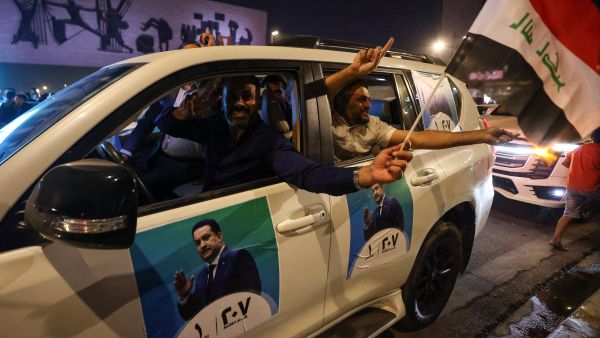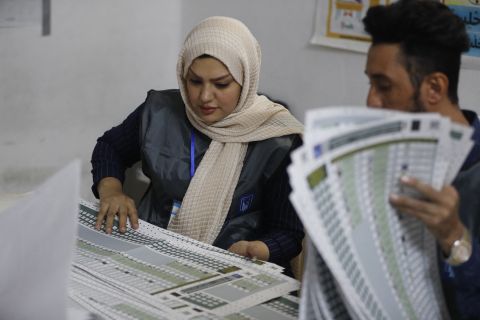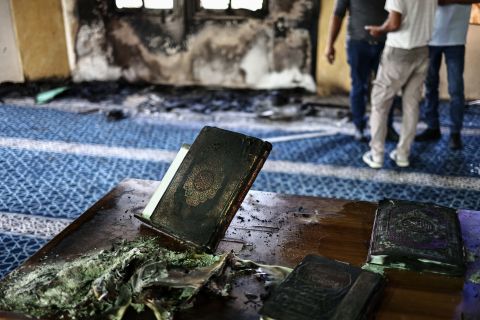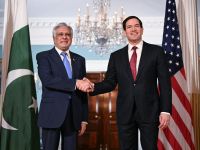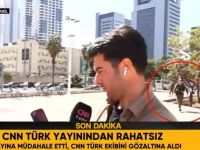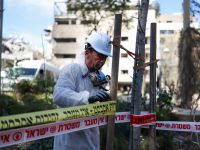ALBAWABA- Preliminary results from Iraq’s Independent High Electoral Commission (IHEC) show Prime Minister Mohammed Shia al-Sudani’s Reconstruction and Development Coalition taking the lead in the country’s early parliamentary elections, consolidating his position as Iraq’s dominant political force.
According to preliminary results announced by the Independent High Electoral Commission, al-Sudani’s Reconstruction and Development Coalition finished first in Baghdad with 411,026 votes.
Mohammed al-Halbousi’s Progress Party came second with 284,035 votes, while the State of Law coalition placed third with 228,103 votes. Final results are expected after IHEC completes its review of appeals in the coming day
Nationally, the November 11 polls, which moved up from 2025 to end months of political deadlock, recorded a 56% turnout among 23 million eligible voters, a notable rise from 2022 but still signaling deep voter fatigue after years of corruption, mismanagement, and militia influence.
Preliminary figures show al-Sudani’s bloc winning about 1.32 million votes nationwide, leading in nine of Iraq’s 18 provinces and projected to secure 85–95 seats in the 329-member parliament.
The absence of Muqtada al-Sadr’s powerful Sadrist Movement, which boycotted the elections, opened space for al-Sudani’s pragmatic alliance to dominate the Shiite landscape.
His bloc outperformed Maliki’s State of Law (expected third nationally with around 70 seats) and several smaller Shiite factions, signaling a shift toward more moderate governance within Iraq’s Shiite political sphere.
With his coalition emerging as the largest bloc, al-Sudani is now favored to retain the premiership under constitutional guidelines. His cross-sectarian outreach, particularly to Sunnis and Kurds through promises of infrastructure development, could ease coalition-building with Halbousi’s Taqaddum (roughly 45 seats) and Kurdish parties (about 50 combined).
Al-Sudani’s “stability first” message, emphasizing reconstruction, job creation, and balanced diplomacy between Washington and Tehran, appears to have resonated with voters eager for steady leadership after years of turmoil.



